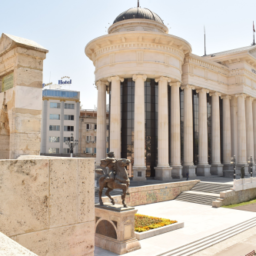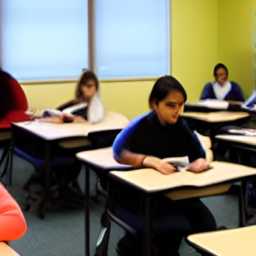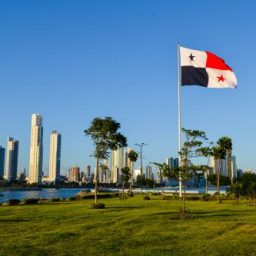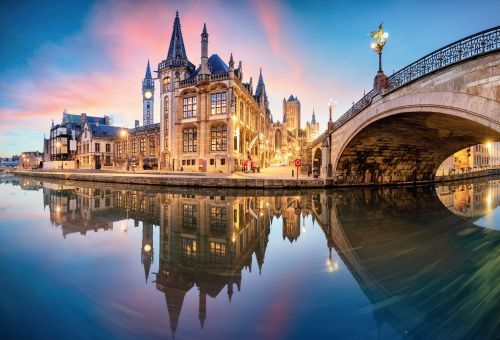

If you love trying new food as much as us, Belgian waffles, chocolate, and fries are already well-known to you. That is why we will not elaborate on food but treat a more complicated topic – the languages of Belgium.
In Poland, people speak Polish, in Germany – German… What language is used in Belgium? Although it seems natural to answer “Belgian”, it is not the case. Let’s take a short stroll through the country’s peculiar linguistic situation.
Contents
Belgium – basic information
Belgium is located in the northeastern part of Europe. It has access to the North Sea. In the capital, Brussels, you will find the most important European institutions. The country, together with its neighbours, the Netherlands, and Luxembourg, forms the Benelux Union.
Belgium occupies a small area of 30,528 km2. There are almost 12 million people living on its territory (source: worldometers.info). Most of the population is related to 2 big ethnic groups: the Flemish (58% of citizens; living mainly in the northern regions) and the Walloons (31%; occupying central and southern parts). The remaining percentage belongs to foreigners: Italians, French, Moroccan, Dutch, Turkish, and Polish (source: encyklopedia.pwn.pl).
Language in Belgium
The Flemish use the Flemish language for everyday communication; the Walloons – mainly Belgian French. There are many German speakers in the country, together with Arabic, Italian, Turkish and Polish users. Moreover, most of the society speaks fluent English.
Belgium – official languages
Belgium is associated mainly with the Flemish and French languages. Laics often forget about German, as it is not that widespread. The country’s constitution distinguishes one bilingual area – Brussels. This division is visible in the education field. Children are studying their subjects in one of the main languages: Flemish, French or German.
The Belgium language legislation was introduced in the latter half of the XX century. Before that, the French language had been considered the most important one. The Dutch constitution was recognized in 1967 and the German one only in 1991. Nowadays, the users of the 3 languages enjoy equal rights. They may watch television and listen to radio in their respective mother tongue. The biggest public broadcasters are RTBF (French), VRT (Flemish) and BRT (German).
Each of the linguistic groups of Belgium has its own culture, traditions and strong national identity. Every year, on the 27 of September, French citizens celebrate their Community Day. Similar holidays take place in Flemish regions – on the 11 of July – and German areas – on the 15 of November.
French language in Belgium
The French language is the mother tongue of 35% of Belgians. It is popular mainly in the central and southern parts of the country and the capital, Brussels (source: The London School of Economics and Political Science). It differs slightly from the standard langue française used in Paris. However, advanced French speakers do not have problems understanding this variation.
The most common differences between Belgian and standard French are related to pronunciation. In the variation the sound “r” is pronounced stronger, “d” resembles “t”, “b” – “p”, and “g” – “k”. The nasal vowels “-an” and “-en” can be crucial for recognizing Belgian speakers (listen carefully for consonants!). The most peculiar accent belongs to the inhabitants of the Liège region.
The Belgian French grammar is similar to the standard version. There are some differences, caused by the influence of the Germanic languages. The expression “will you accompany me” in Brussels will translate as “Tu viens avec?” (instead of “Tu m’accompagnes?”). This phrase is a Dutch calque (“Kom je mee?”).
Everybody, who has been learning French, suffered while studying numerals. Learning them by heart is particularly tricky and requires some basic maths. To say 70, you need to add 60 to 10 (soixante-dix), and to express 90 – multiply 20 by 4 and add 10 (quatre-vingt-dix). The Belgian made it all easier, 70 and 90 are simple words: septante and nonante. Much better, is it not? If you are eager to learn more differences and curiosities about Belgian French, we recommend reading our article about the subject.
Flemish language in Belgium
The Flemish language, the Belgian variation of Dutch, is present mainly in the northern part of the country and in Brussels. It is the mother tongue of 55% of the population (5.5 million people; source: BBC). In written form, it is almost identical to the standard language used by the inhabitants of the Kingdom of the Netherlands. However, there are some phonetic and lexical differences.
The sound of Flemish resembles French, meanwhile, Dutch sounds more like English, even for an untrained ear. The vocabulary differences are quite numerous. If you are not familiar with the other region’s language, it is better to learn at least the most popular words. Let’s take a look at an example. Your sister’s husband in Amsterdam would be called zwager. The same person in Antwerp gets the name of schoonbroer. The first one eats a sandwich with confituur for breakfast, meanwhile, his Belgian counterpart prefers jam.
The Flemish and Dutch speakers may get confused when it comes to being polite. The official U in the Netherlands fell out of use and got replaced by the informal je. The Belgian see je as impolite and too direct, meanwhile, the Dutch perceive U as an old-fashioned expression.
Before your company enters the Belgian market, we encourage you to create 3 language versions for your website: Flemish, French and German. It is the easiest way to become popular among clients from the entire country. You do not need to look for different translation agencies – we will help you complete the errand. Talk to us if you would like to learn more about our work.
German language in Belgium
German is used by 1% of the country’s population (source: BBC). Its users live mainly in the Ostbelgien. Before those territories became Belgian in 1920 under the Treaty of Versailles, they had belonged to the German Reich. Although the governments of both states have been discussing the possibility of redeeming the region, the strong objection of France led to the cancellation of the project.
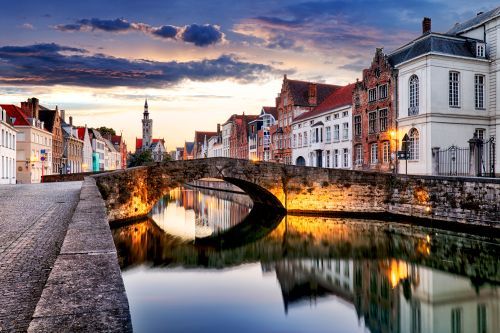
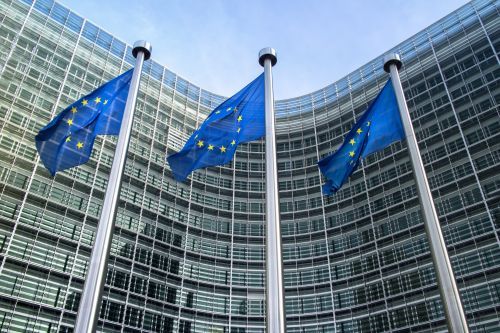
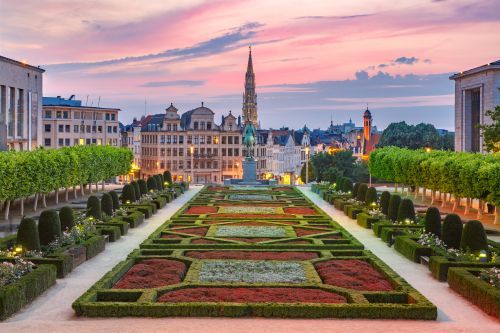
Minority languages in Belgium
Belgium is home to many regional languages. If you are attentive, you may catch Romance languages: Walloon, Picard, Champenois, and Lorrain, as well as Germanic tongues: Limburgish, Low Dietsch, and Luxembourgish, while wandering the streets of rural towns.
Walloon language
Liège is the region of the most popular Belgian minority language, Walloon. It belongs to langues d’oïl, present in the north of France, the Channel Islands and Belgium. Nowadays, Walloon is mainly used by the older generation, while the younger ones prefer cosmopolitan French.
Flemish – basic phrases
Below you will find the most useful phrases in Flemish. You will hear them often in Antwerp, Bruges, or Brussels. This is your opportunity to learn them beforehand:
- Hi/ Hallo – Hello
- Goedemorgen – Good morning
- Goedemiddag – Good afternoon
- Goedenavond – Good evening
- Hoe gaat het? – How are you?
- Tot ziens / Dag – See you soon
- Alstublieft – Please/ Here you are
- Bedankt – Thank you
- Neem me niet kwalijk – I am sorry
- Hoe heet je? – What is your name?
- Ik heet … – My name is …
- Spreekt u Engels? – Do you speak English?
- Kunt u dat herhalen? – Can you repeat?
- Ja – Yes
- Neen – No
- Waar is het toilet? – Where are the toilets?
- Hoeveel kost dat? – How much is it?
Belgian French – basic phrases
You have seen Flemish expressions already, so now it is time to introduce some French phrases. You may compare the languages and decide which one you prefer.
- Salut – Hello
- Bonjor – Good morning
- Bonsoir – Good afternoon/ Good evening
- Comment a va? – How are you?
- Au revoir – See you soon
- S’il vous plait – Please/ Here you are
- Merci – Thank you
- Pardon – I am sorry
- Comment vous-appelez vous? – What is your name?
- Je m’appelle … – My name is …
- Parlez-vous Anglais? – Do you speak English?
- Pouvez-vous répéter? – Can you repeat?
- Oui – Yes
- Non – No
- Ou sont les toilettes? – Where are the toilets?
- C’est combien? – How much is it?
How to get around in Belgium?
There are 3 official languages in Belgium. In theory, you could learn one and survive in the country. Nevertheless, we recommend focusing on the language of the region that most appeals to you. In our language school, we offer Dutch and French courses. Pick the one you like more (or start both of them!). During the classes, you will learn not only the pronunciation and the vocabulary of the chosen language, but also lots of cultural information. Do not lose time and invest in your future now!



